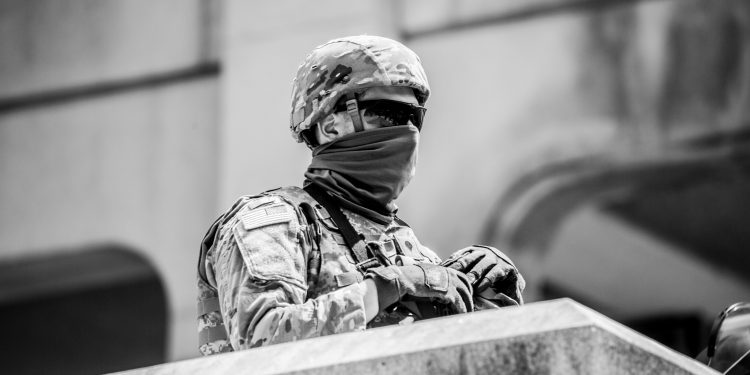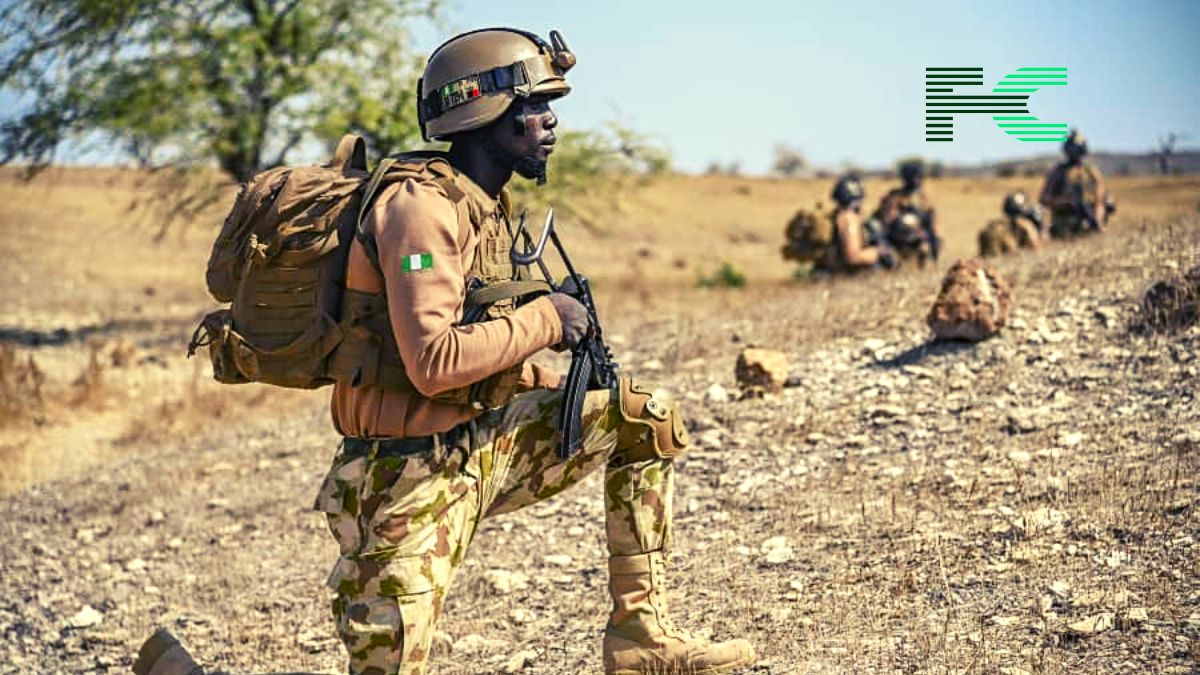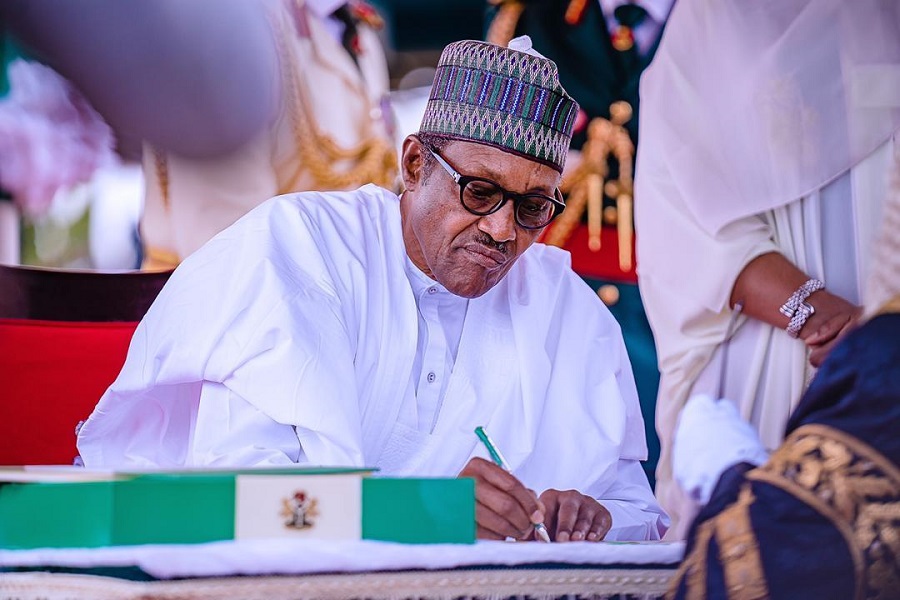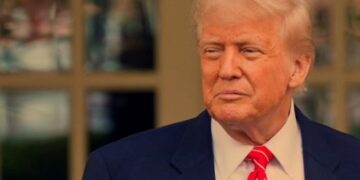President Donald Trump’s decision to send military forces into Memphis, a Democrat-led city can be viewed as less about public safety and more about creating a compelling “law and order” narrative for his base, especially since the move comes after he openly backed away from sending troops to the “hostile” environment of Chicago.
The use of the military to police civilians is a red line that the US government has historically been careful not to cross. Yet, President Trump seems eager to do so. His claim that Washington, D.C., is “virtually crime free” after a month-long deployment is a gross exaggeration, as troops were mostly seen performing non-policing duties, and the data on crime in Memphis already shows a recent downward trend.
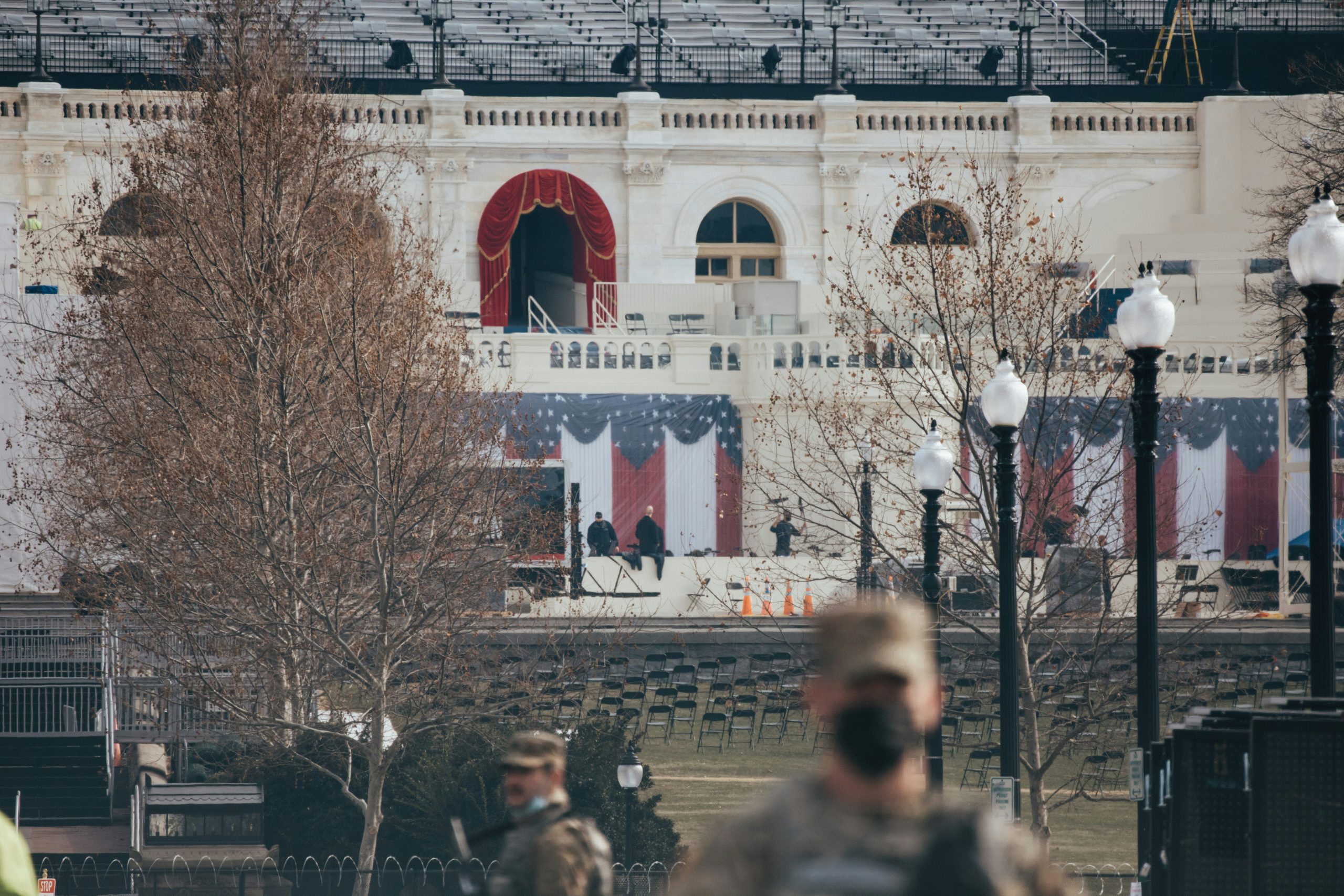
This deployment sets an uncomfortable yardstick, blurring the lines between law enforcement and military action. An earlier court ruling already deemed a similar deployment in Los Angeles unlawful, yet the administration forges ahead, testing the boundaries of presidential power. This is a bold move to as ever to project an image of strength, but the cost is the erosion of democratic norms and the trust between citizens and their government.
Why It Matters
The real answers to Memphis’s crime problem—and those of other cities—are not found in military uniforms. As Memphis Mayor Paul Young’s own statement suggested, the city needs financial resources for intervention and prevention, more patrol officers, and better support for criminal investigations.
Instead of sending soldiers trained for combat, the federal government should be a partner, providing the funding and resources necessary for cities to build on the progress they are already making. It is time for a national conversation about the root causes of crime, such as poverty, lack of educational opportunity, and economic instability.

